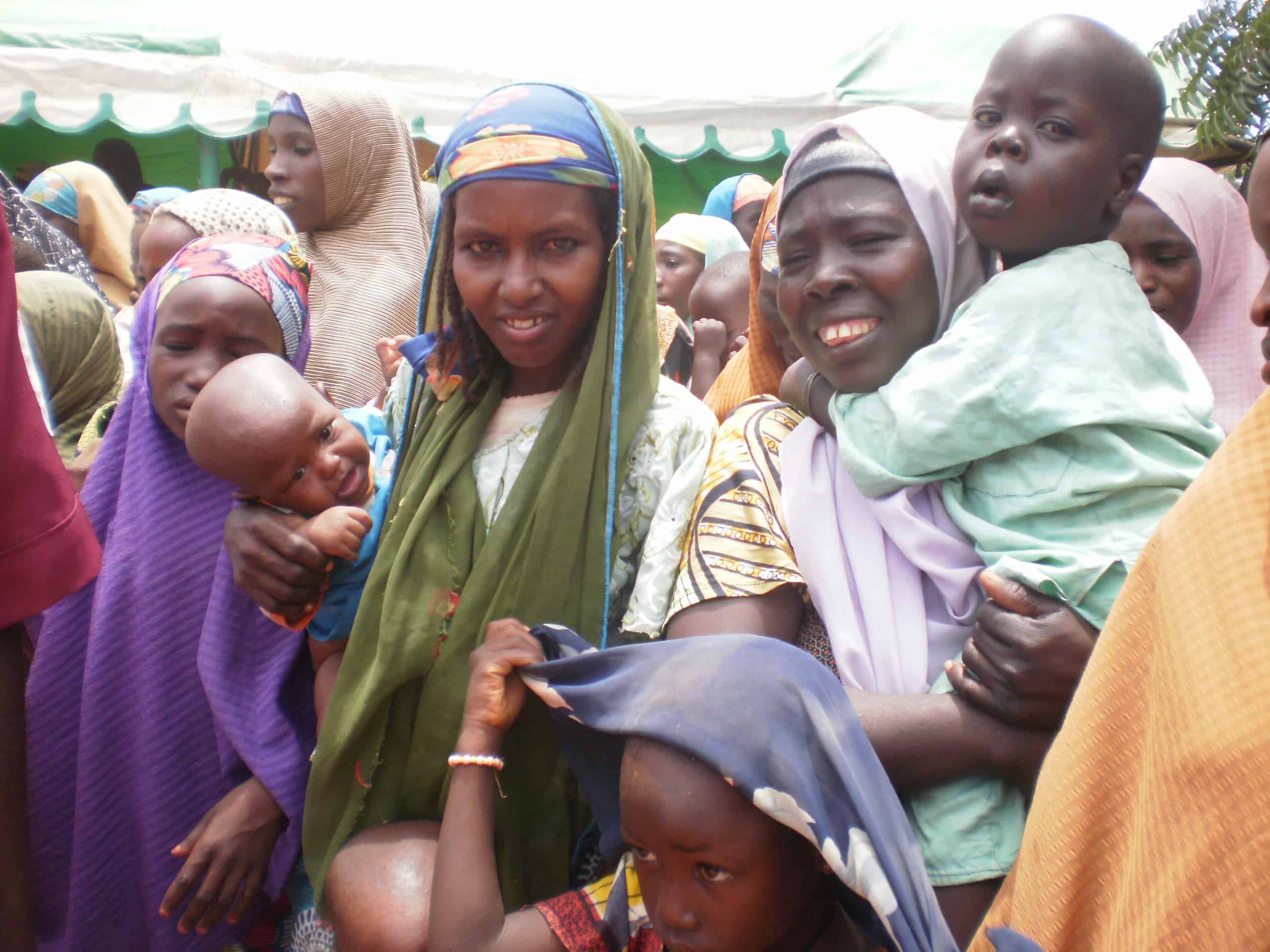Stories of Capacity Development: An Interview with Tayo Fatinikun
August 23rd, 2021 | story
Tayo Fatinikun is the founder and executive director of Life Helpers. He provides overall leadership and coordination for the organisation’s operations, facilitating partnerships, leading advocacy, and providing capacity development for its workforce.
Life Helpers is a leading Nigerian national nongovernmental organization. It works to improve the lives of children, youth, women, and communities through advocacy, capacity development initiatives, community mobilization, and socioeconomic development.
Life Helpers was introduced to JSI through the USAID Targeted States High Impact Project (TSHIP) (2009–2015), which worked to strengthen health care delivery in Bauchi and Sokoto States to increase the use of high-impact integrated maternal, newborn, and child health (MNCH) and family planning and reproductive health interventions. At the start of the relationship, Life Helpers, which is based in Sokoto, had been around for 6 years. We were driven by our passion to contribute to our community. TSHIP laid the foundation for strong internal systems and supported the development of critical programmatic frameworks that facilitated the organization’s development.
The assistance we received from JSI was a collaborative process. JSI worked alongside our project and finance teams, reviewing documents, and creating templates. With JSI, we enhanced our finance and human resource policies and strengthened our program focus. I received guidance and mentorship on reporting and proposal writing, which was essential for our organizational growth.

Our mission is to empower children, youth, women, and communities to live maximally in all aspects of life. This mission will not be achieved without strong organizational infrastructure. While implementing TSHIP, we took the opportunity for the growth of our leadership and project management protocol seriously, knowing that organizational policy development would help position us for continuous partnership and funding. Our organizational structure was modeled after TSHIP. We now have units and sub-units for each of our program priorities including MNCH and family planning, as well as water, sanitation, and hygiene, that have enhanced all our programming. Our internal systems were refined with best practices and we were able to put them to use in new partnerships with large international organizations. I remember vividly how Life Helpers’ fraud policy, procedures, and system checks were developed and put to use.
Before TSHIP, we had 11 staff; by the end of our collaboration with JSI, we had 22. We have continued to grow; today we have 57 staff members. Many of our staff who were with us during TSHIP still work here. The staff development we received contributed to their personal and professional growth.
TSHIP not only benefited our staff, it also enhanced our volunteer system. During the project, we had 960 community volunteers, 330 community drug keepers, and 96 community health committees. Life Helpers’ volunteer network was a critical piece of Sokoto’s community-based distribution of misoprostol and chlorhexidine, which TSHIP introduced to reduce maternal and newborn mortality in Nigeria. Sokoto was a leader in this community-based program and other community-based organizations learned from our success.
Life Helpers is now a household name in Sokoto state. We are proud to now be partnered with UNICEF, Plan International, Save the Children, and Palladium Group for other programs.
JSI’s work not only focused on the success of the TSHIP project; it wanted to ensure Life Helpers thrived as an organization and within our community. Because of this support, our organization has improved the health of many people in our community. We give our gratitude to JSI for its training, guidance, and mentorship. It was an experience we talk about to this day.
We strive to build lasting relationships to produce better health outcomes for all.